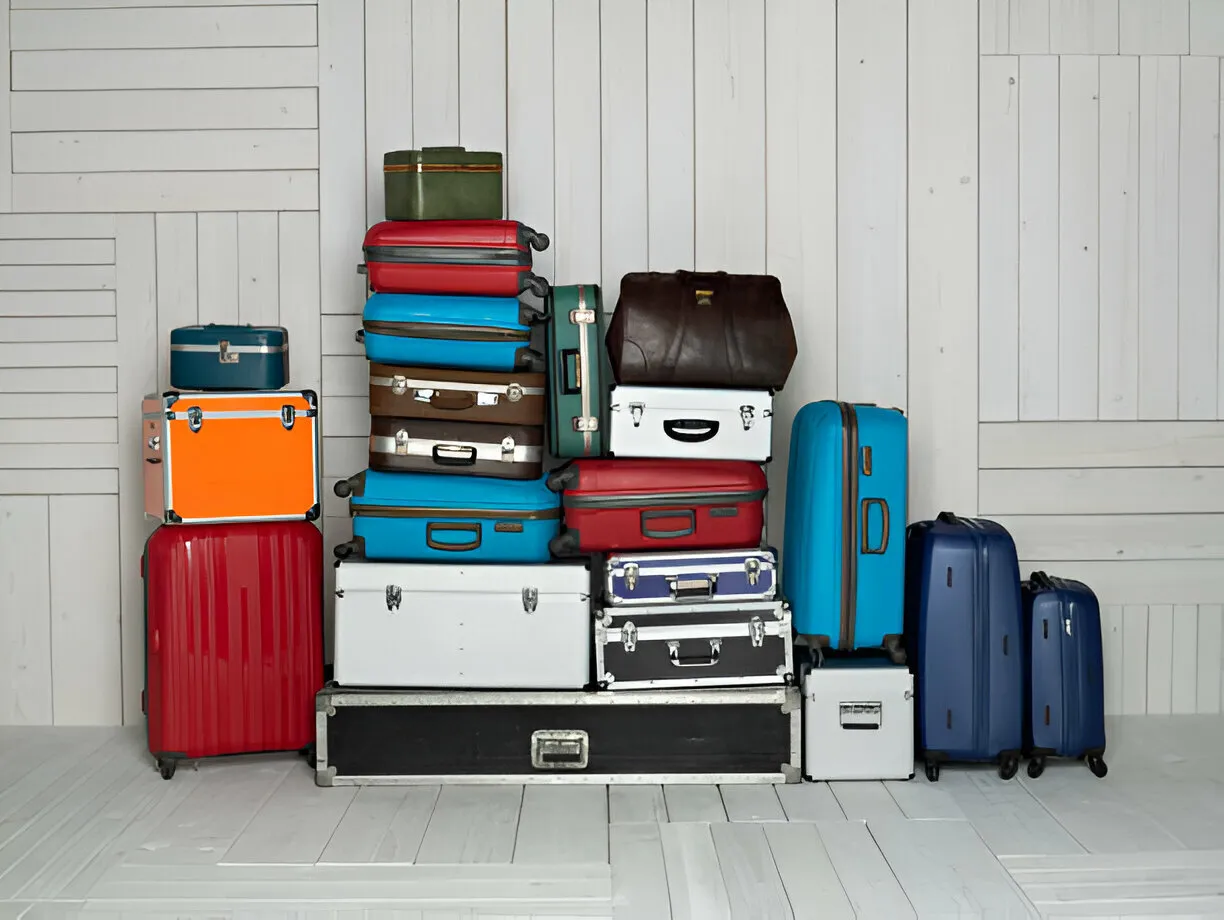The travel bag industry has evolved considerably over recent years, with manufacturers constantly adapting to new trends to meet consumer demands. From materials to design, several key shifts are shaping how travel bags are produced today.
One of the most notable trends is the shift toward sustainable materials. Many brands, including leading travel bag manufacturer, are now using recycled fabrics and eco-friendly dyes. This change reflects growing consumer awareness about environmental impact.
Sustainable Materials Take Center Stage
Eco-conscious production is no longer a niche preference. Manufacturers are prioritizing materials, such as recycled polyester, organic cotton, and biodegradable components. These choices help reduce waste and appeal to environmentally aware travelers.
Water-resistant coatings made from plant-based sources are gaining popularity as well. They offer durability without harmful chemicals, aligning with global efforts to reduce plastic pollution. As consumers increasingly prioritize sustainability, such innovations help manufacturers strengthen their brand image.
The use of natural materials is not limited to fabrics. Accessories such as zippers and buckles are also evolving. Recycled metals and sustainable synthetics are becoming mainstream choices, ensuring that the entire bag adheres to eco-friendly standards. This comprehensive approach is crucial for brands aiming to resonate with eco-conscious consumers.
Smart Features for Modern Travelers
Technology integration is another major trend impacting travel bag production. Bags now come equipped with built-in USB ports, GPS tracking, and anti-theft mechanisms. These features cater to travelers who prioritize convenience and security.
Some manufacturers are even experimenting with self-cleaning fabrics, utilizing advanced technology. These innovations make maintenance easier for frequent travelers and enhance user experience significantly. The goal is to blend functionality with cutting-edge technology, creating bags that adapt to modern lifestyles.
The incorporation of technology also extends to mobile apps. Many brands are developing companion apps that provide features, such as tracking lost luggage or monitoring travel itineraries. Such advancements enhance customer engagement while providing practical solutions for today’s travelers.
Customization and Personalization
Consumers increasingly desire products that reflect individual styles. Many brands are now offering customizable options, encompassing everything from monogramming to modular designs. Travelers can select colors, compartments, and even strap styles to suit their specific needs.
Modular bags with detachable sections are becoming particularly popular among consumers. These adaptable designs allow users to adjust storage capacity, matching their luggage to trip duration and requirements. This trend highlights the rising demand for versatility in travel solutions, accommodating a range of lifestyles.
Enhancing personalization extends beyond mere aesthetics. Some brands are exploring unique interior layouts to maximize functionality. The ability to customize not only satisfies consumers but also fosters a deeper connection between the product and the owner.
Lightweight Yet Durable Designs
Heavy luggage is rapidly becoming a thing of the past. Manufacturers are now focusing on lightweight materials that don’t compromise strength. High-tenacity nylon and carbon fiber frames are common features in modern travel bag designs.
These materials ensure that bags can withstand rough handling while remaining easy to carry. The primary goal is to reduce traveler fatigue without sacrificing durability, responding to the needs of on-the-go consumers. Innovations in material technology are enabling manufacturers to create bags that are both lightweight and exceptionally strong.
The enhancement of ergonomic designs also plays a significant role. Padded straps and back panels are becoming standards, aiding comfort when carrying heavy loads. Such considerations underscore manufacturers’ commitment to improving the overall travel experience.
Ethical Manufacturing Practices
Beyond materials, there is a growing focus on ethical production methods. Fair wages, safe working conditions, and transparent supply chains are now key considerations for many brands. Consumers increasingly prefer to support companies that prioritize worker welfare and social responsibility.
Some manufacturers are adopting zero-waste production techniques as well. This approach minimizes fabric scraps and energy consumption during the manufacturing process. Companies willing to embrace these practices are setting themselves apart, appealing to an increasingly aware consumer base.
Additionally, ethical sourcing of materials has gained prominence. Brands are scrutinizing their supply chains to ensure that all components are obtained responsibly. This diligence helps build trust with consumers who are increasingly cognizant of the far-reaching impacts of their purchases.
The Rise of Minimalist Aesthetics
Sleek, simple designs are replacing bulky, over-decorated travel bags in the current market. Neutral colors and clean lines are dominating the scene. This shift caters to travelers who prefer understated yet functional luggage, prioritizing practicality over excessive features.
Minimalist designs also align with the trend of packing lighter. Fewer external pockets and streamlined shapes make bags easier to organize and more efficient for travel. The focus is now on ensuring that every aspect serves a purpose without unnecessary frills.
This trend has also influenced marketing approaches. Brands are showcasing bags that emphasize practicality and functionality, appealing directly to consumers’ desire for efficiency. The minimalist aesthetic is not just a fad; it signals a broader cultural shift toward simplicity.
Conclusion
The travel bag industry is undergoing exciting transformations, influenced by trends in sustainability, technology, and personalization. Manufacturers that adapt to these changes will maintain a competitive edge in a rapidly evolving market.
As consumer preferences evolve, so will the methods by which travel bags are manufactured. The future promises even more innovation, blending functionality with responsibility and sustainability. Travelers can look forward to smarter, greener, and more tailored options that meet their diverse needs. The journey ahead in the travel bag industry is as exciting as the adventures they accompany.
